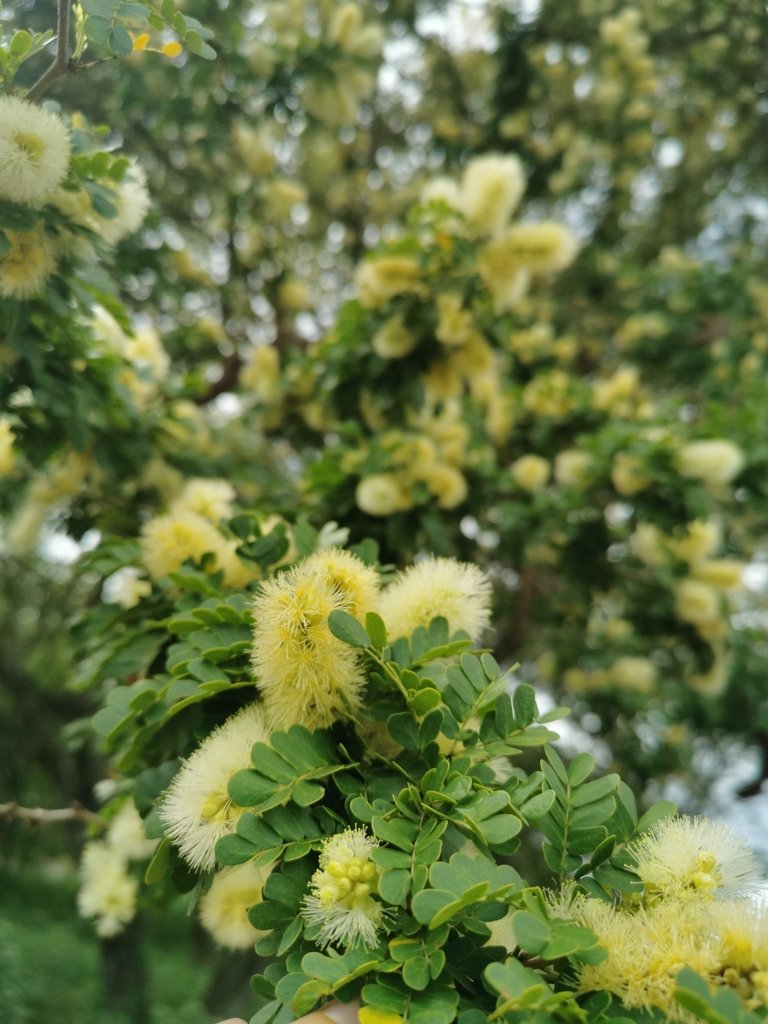Texas Ebony
Ebenopsis ebano
Family: Fabaceae
OTHER COMMON NAMES
Spanish: ébano, guaypinole
CHARACTERISTICS
Small, thorny, mostly evergreen tree (deciduous in cold part of its range), 15-40’ with thorny branches. Creamy yellow, fragrant clusters of catkin-like flowers are produced in summer. Flowers are followed by large, persistent woody pods. Trunk has smooth bark when young to rough and fissured bark with age. Young branches extend in a characteristic zig-zag pattern.
LANDSCAPE USE
A dense, evergreen shade tree. This is a popular bonsai plant too.
GROWING CONDITIONS
AN EXPLANATION OF TERMS USED
SUN full or even reflected heat
WATER moderate to low, will be slow growing with less water
SOIL tolerant of most soils, good drainage a plus, some amendment
HARDINESS hardy to 10°F
BASIN middle to high
CONTAINER not recommended
NUTRITION low
MAINTENANCE very little, remove branches from high traffic areas
ECOLOGY
Larval host for coyote cloudwing butterfly (Achalarus toxeus) and the sphinx moth (Sphingicampa blanchardi). Dense foliage provides great nesting for birds. The seedpods host the bean weevils Stator beali and S. limbatus. Also a preferred host of the epiphytic plant Bailey's ball moss (Tillandsia baileyi) where it occurs.
ETHNOBOTANY
In wood working circles, this tree is known for its rich heartwood that is described as dark reddish-brown tinged with purple. The heartwood is unusally close grained, strong, dense and oily. Woodworkers report that it finishes naturally with a robust luster. Green seeds are cooked and eaten, and mature seeds are roasted and eaten, often as a purgative. Pod shells have been roasted as coffee substitute in Mexico.
NATURAL DISTRIBUTION
Its native range stretches from Laredo and Corpus Christi, Texas south through the states of Tamaulipas, Nuevo León, San Luis Potosí, Veracruz, Campeche, and Yucatán in Mexico. It can be found in the Tamaulipan matorral, Tamaulipan mezquital, Veracruz dry forests, and Yucatán dry forests ecoregions.
TAXONOMY AND NAME
Formerly known as Pithecellobium flexicaule and often sold under that name.
This species is in the Fabaceae, the legume family. There are three accepted species of Ebenopsis native to Mexico, and Texas.
The genus name Ebenopsis is derived from the Greek words ébenos, meaning ebony, and opsis, meaning "view." Ebano is a repitition of ébenos.
Ebenopsis ebano on iNaturalist
Ebenopsis ebano on Lady Bird Johnson Wildflower Center

The flowers have an extremely pleasant odor, photo by Victoria Cervantes, iNaturalist

The woody pods are persistent, photo by Cullen Hanks, iNaturalist

